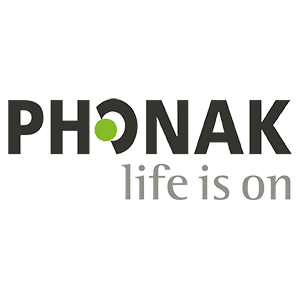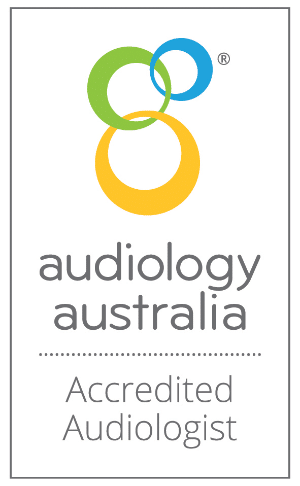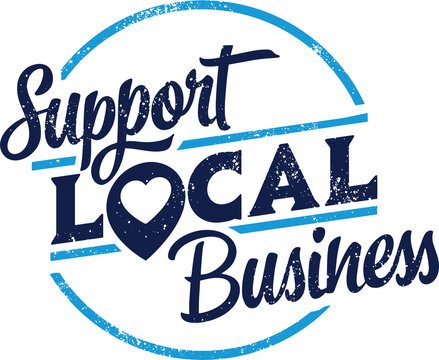If I purchase hearing aids from your clinic, what's included in my purchase other than the hearing aids?
No-obligation trial period of 1 week on selected models. Extensions can be provided when asked. The hearing aid fitting appointment. Two follow-up appointments as standard (most clinics do one). After these 3 appointments are completed, you are still entitled to Aftercare services for a period of 3 months, in which you can attend clinic for as many appointments as you require for on-going support and maintenance costs. We also include spare domes, filters and batteries to last you for at least 6 months of use. All hearing aids we sell also come with a 3-5 years of manufacturer warranty.
What are the brands/manufacturers of hearing aids you sell?
How do the free trials for your hearing aids work?
Does your clinic sell "AI" hearing aids?
If I find that I am not satisfied with the first pair of hearing aids I try out, am I allowed to exchange them for a different style or technology level of hearing aid?
You indicate that the hearing aids available for purchase are accompanied by a warranty ranging from 3 to 5 years. Could you clarify which specific hearing aids are covered by the 3-year warranty, and which ones provide a longer warranty period of 5 years?
In relation to the hearing aids that you sell, which models of mobile phones are compatible with phone call streaming functions?
All Apple iPhones (models 10 or newer) All Samsung Galaxy S-series (models 22 or newer) All Google Pixel (models 7 or newer) Some selected, higher-end Oppo mobiles
All Samsung Galaxy (A-series) All Nokia mobiles Most Oppo mobiles (especially older models)
What are the on-going "upkeep" co sts associated with hearing aid use?
I have hearing aids I have purchased elsewhere but I want to be seen by your clinic going forward. Will you still honour the warranty period on my hearing aids?
What is the average lifespan of hearing aids?
I see other local hearing clinics offering "discount periods" on hearing aids. Should I take up these offers? Are they worth it?
Phonak Infinio Sphere Oticon Intent 1 Starkey Evolv AI 2400
Which hearing aids are superior - custom (in-the-ear) hearing aids or receiver-in-canal (behind-the-ear) hearing aids?
What are the advantages of rechargeable hearing aids over battery-operated hearing aids?
What is the average lifespan of hearing aids?
Phonak Infinio Sphere Oticon Intent 1 Starkey Evolv AI 2400




